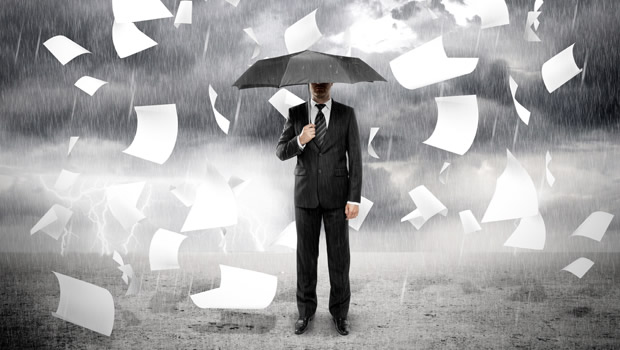
Author:

Maria PisDudot
Senior Vice President, Crisis & Reputation ManagementUnited States

@ 2022 Newlink. All rights reserved.
Newlink Internet Privacy PolicyThis website is operated by Newlink ("we" or "us").
We respect the privacy of users of our website and recognize that when you choose to provide us with information about yourself, you trust us to act in a responsible manner with that information. This privacy policy contains important information about how we use your personal information.
At times we may request that you voluntarily supply us with personal information. Generally, this information is requested when you want us to provide you with information.
We may gather the following information about you when you use this website:
Name
Email address
Telephone number
Country
IP address (a unique identifier for your computer or other device)
Mobile device ID
Information provided by you in relation to submitting a job application to us (this may include sensitive personal information i.e. ethnic origin)
We will use your personal information in the following ways. We are also required by law to state a “legal basis for processing”, i.e. to tell you on what grounds we are allowed to use your information, and this is also set out below:
To provide you with information that you have requested or to respond to specific questions you may raise regarding Newlink and its affiliated companies
Our legal basis for processing: Consent – we only use your personal information for this purpose if you have asked us to do so. You can withdraw your consent at any time.
to provide you with better ways of accessing information from this website.Our legal basis for processing: Our legitimate interests – we use your personal information to help us to deliver the best online experience to you and other website users.
To process and consider your job application.
Our legal basis for processing: Our legitimate interests – we use your personal information to assess your job application, and to keep you updated throughout the application process.
to send you information and materials that may be of interest to you, such as newsletters, news bulletins and other business information.Our legal basis for processing: Our legitimate interests – we use your business-related contact information such as your work email address to communicate such information to you.
We may send your personal information to other group companies, affiliates and third parties to help us process your personal information for the purposes set out in this policy.
We may disclose your personal information if we or any of our assets are the subject of a sale or similar corporate transaction. We will ensure that the third parties who receive your personal information are required to keep it confidential.
We may disclose personal information to third parties when we reasonably believe we are required by law, and in order to investigate, prevent, or take action regarding suspected or actual unlawful or otherwise prohibited activities, including, but not limited to, fraud.
We will only provide information to you that you have asked for via the website.
We are a global company and therefore we may transfer your personal information to countries around the world including the US, Latin America and Europe. We will, where the country to which your data is transferred has not been found to provide an adequate level of protection, put in place appropriate safeguards (we use standard contractual clauses) to ensure your information is protected.
We will keep your information for a period of time defined when we receive it.
Our website links to third party sites which we do not operate or endorse. These websites may use cookies and collect your personal information in accordance with their own privacy policies. This privacy policy does not apply to third party websites and we are not responsible for third party websites.
We take appropriate measures to ensure that your personal information disclosed to us is kept secure, accurate and up to date and kept only for so long as is necessary for the purposes for which it is used.
This web site is not intended or designed to attract children under the age of 13. We do not knowingly collect personal information from or about any person under the age of 13. If you are under 13 years old and wish to ask a question or use this site in any way which requires you to submit your personal information, please get your parent or guardian to do so on your behalf.
You are entitled to ask:
for a copy of the personal information we hold about you, and details about how we are processing your personal information;
to have any inaccuracies in your personal information corrected;
if we are processing your personal information by automated means, and on the basis of your consent (see “How do we use it?”, above), for us to provide your personal information to you in a structured, commonly-used and machine-readable format. You can also ask us to provide your personal information directly to a third party in this format, and, if technically feasible, we will do so; and
to have your personal information erased, or for our use of it to be restricted (for example, if your preferences change, or if you don’t want us to send you the information you have requested).
Please contact us using the details set out below if you would like to exercise any of these rights.
You also have the right to make a complaint to the supervisory authority if you’re not happy with how we’ve handled your personal information.
If you wish to exercise any of your rights in relation to your personal information or if you have any queries about how we use your personal information, please let us know by contacting us at the following address: [email protected].
We review this privacy policy on a regular basis to ensure that it is up-to-date with our use of your personal information, and compliant with applicable data protection laws.
We reserve the right, at our discretion, to revise this privacy policy at any time. The updated privacy policy will be posted on our website. You are encouraged to review this privacy policy from time to time.
V1.0, September 2021